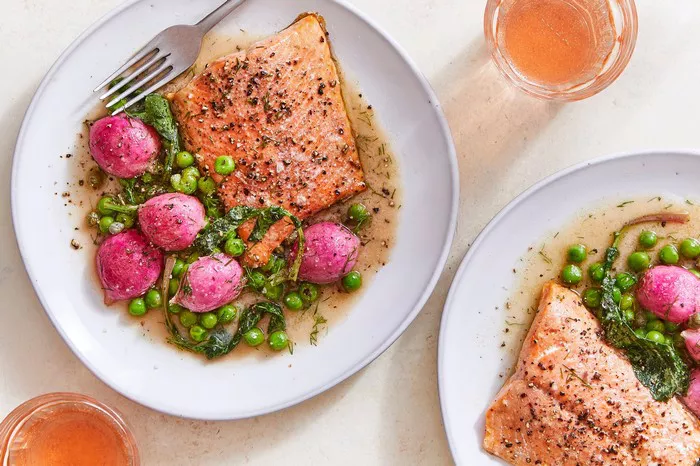Hemorrhoids is one of the common anorectal surgical diseases, which is a disease caused by pathological hypertrophy and/or displacement of the anal cushion tissue at the lower end of the rectum and anal canal. Its clinical manifestations are blood in the stool, hemorrhoids protruding from the anus, itching, pain, anal discharge, etc.
The incidence rate of adult hemorrhoids is 4.4%~41.45%. People of any age may appear, and there is no significant difference in the incidence rate between men and women, and with the increase of age, the symptoms of hemorrhoids gradually increase.
1. What are the symptoms of hemorrhoids?
External hemorrhoids
- Itching or tingling in the anal area
- Pain or discomfort
- Swelling around the anus
- Bleeding
Internal hemorrhoids
Internal hemorrhoids are located inside the rectum. You usually can’t see or feel internal hemorrhoids, and they rarely cause discomfort. However, straining or irritation during a bowel movement can cause:
Painless bleeding with bowel movements. You may find small amounts of bright red blood on toilet paper or in the toilet. Hemorrhoids are squeezed out of the anus (prolapsed or protruding hemorrhoids), causing pain and irritation.
Thrombosed Hemorrhoids
If blood builds up and forms a clot (thrombus) in an external hemorrhoid, it can cause:
- Severe pain
- Swelling
- Inflamed
- Hard lump near anus
2. What are the triggering factors of hemorrhoids?
- Diet spicy, stimulating food
- Drink alcohol
- Constipation, diarrhea
- Difficult defecation, squatting for a long time
- Obesity
- Pregnant
- Anal sex
- Low fiber diet
- Often carry heavy objects
3. What are the dietary taboos?
Avoid spicy and stimulating food
For example: chili, ginger, green onion, pepper, curry, mustard and other irritating foods. Irritant food acts on the rectum and anal canal, which can lead to local mucosal congestion and edema, aggravate the symptoms of hemorrhoids, and cause local swelling, discomfort, and even pain.
Alcohol is a hot and humid thing. If you drink for a long time, the alcohol will become the evil of damp and heat.
Avoid indigestible, hard, fried food
Difficult to digest, hard, and fried food may lead to hard stools that are difficult to pass, and hard work can easily cause hemorrhoid symptoms to aggravate, and even induce hemorrhoid prolapse, incarceration and other emergencies.
4. What should I eat if I have hemorrhoids?
Drink more water
Constipation is one of the important factors that induce the formation of hemorrhoids. Drinking more water can increase the water content of feces and reduce the possibility of constipation.
Eat fiber-rich foods
Eat more vegetables, all kinds of green leafy vegetables, such as lettuce, celery, leek, spinach, etc.; fruits such as dragon fruit, kiwi, banana, pear, grape, etc. are recommended; various coarse grains such as: sweet potato, corn, brown rice, oats, kidney beans, mung beans And so on beans. Other foods: honey, black sesame, radish, seaweed, kelp, konjac, etc.
5. Diet therapy:
Sophora japonica tea
- Efficacy: cooling blood to stop bleeding.
- Production: Brew fresh Sophora japonica flowers with boiling water, and drink instead of tea.
Mung Bean Tremella Soup
- Efficacy: clearing away heat, moistening intestines and laxative.
- Production: Wash 10g white fungus, soak for 2 hours, add some water to 30g mung beans, and stew together for 30 minutes. Add an appropriate amount of sugar and serve.
Cistanche Lean Meat Soup (suitable for the elderly, frail, and yang deficient)
- Efficacy: Tonify kidney and strengthen yang, moisten intestines and laxative.
- Production: 20g of cistanche, 3 slices of ginger, 6 red dates, 200g of lean pork. Put the ingredients into the pot, add 3 liters of water, boil on high heat, simmer on low heat for 60 minutes, season with salt and serve.
Conclusion
When dealing with piles, paying attention to your diet is essential for managing symptoms and promoting healing. Avoiding spicy foods, processed items, dairy products, caffeine, carbonated drinks, alcohol, and processed grains can help prevent discomfort and irritation. Instead, focus on a diet rich in fiber, fruits, vegetables, and whole grains to support digestion and maintain regular bowel movements.























